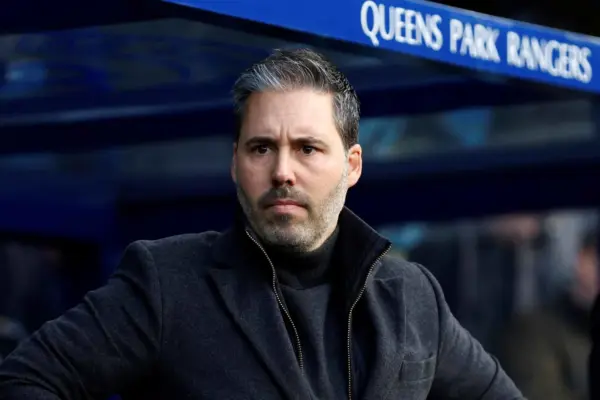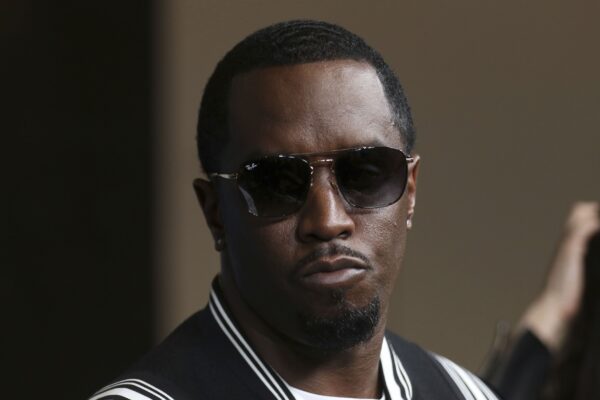
Introduction
Seb Coe, a prominent figure in athletics and sports governance, has made remarkable contributions to the world of sports. As the President of World Athletics since 2015, Coe’s influence has extended far beyond his legendary runner status. His leadership has been pivotal in improving the integrity and global appeal of athletics, especially in the wake of challenges such as doping scandals and declining audience engagement. This article explores Coe’s role and its relevance in shaping the future of athletics.
Career and Achievements
Born on September 29, 1956, in London, Sebastian Coe rose to prominence as an athlete in the 1970s and 1980s, breaking multiple world records in middle-distance running. He won four Olympic medals, including two golds in the 1500m. Following his retirement from athletics, Coe transitioned into sports administration, where he has advocated for fair play, inclusivity, and innovation.
As chair of the London Organising Committee for the Olympic Games (LOCOG), Coe was instrumental in the success of the 2012 London Olympics, often hailed as one of the most successful Games in modern history. His organisational skills and vision were key to showcasing London as a cultural and sporting hub.
Recent Developments and Initiatives
Under Coe’s leadership, World Athletics has implemented several reforms aimed at promoting the sport’s integrity. This includes the Athlete Integrity Unit, which focuses on anti-doping measures to ensure fair competition. Moreover, Coe has championed the need for adaptation in the sport, as evidenced by his push for innovation in event formats and the inclusion of more urban athletics in the Olympic programme.
The ongoing impact of the COVID-19 pandemic has also compelled Coe to address the financial challenges faced by athletes and federations alike. He has called for a unified approach to recovery and resilience, emphasising that the sport must adapt to ensure sustainability post-pandemic.
Conclusion
As Seb Coe continues to steer World Athletics towards a more inclusive and transparent future, his leadership remains crucial in addressing the challenges that athletics faces today. The growth of the sport, especially in light of integrity issues and global engagement, signifies his enduring influence. Looking ahead, Coe’s strategic vision and commitment to reform may well define the trajectory of athletics for years to come, ensuring it remains relevant and captivating for future generations. Readers can expect ongoing developments as Coe leads efforts to enhance the sport’s reputation and inclusivity on a global scale.
You may also like

Discovering Yehvann Diouf: A Future Football Star

The Rise of Alfie Lloyd: A Fresh Voice in Music
